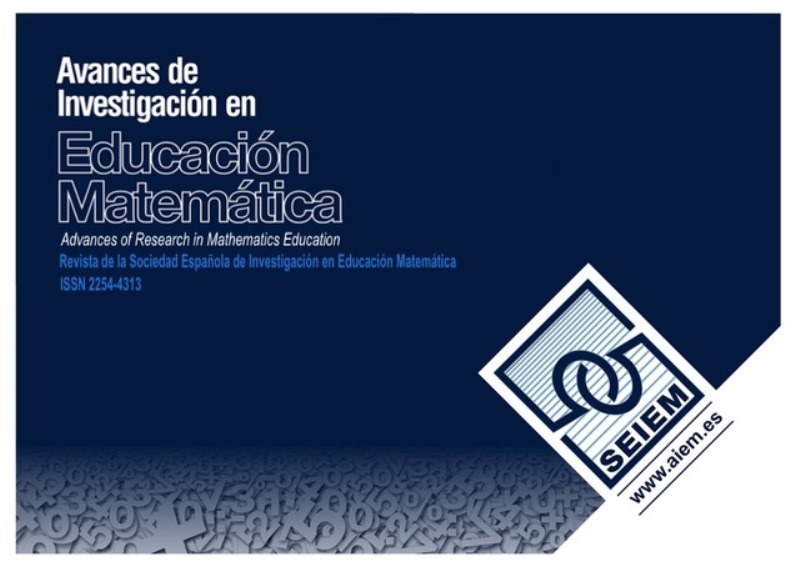Roles of problem solving in the official curriculum
DOI:
https://doi.org/10.35763/aiem.v0i18.270Abstract
In this work we describe the role of problem solving in different documents of the Chilean official curriculum in primary education. Our theoretical framework takes into account three dimensions of problem solving: the roles it can play according to Schoenfeld (1992), and Schroeder and Lester (1989); the characteristics that facilitate its incorporation into the curriculum and the types of problems suggested in the curricular documents. We developed a system of categories and carried out a content analysis. We conclude that the documents reflect different and even contradictory views on the role of problem solving for the teaching of mathematics, hindering its full implementation as provided in official regulations.
Downloads
Downloads
Published
How to Cite
Issue
Section
License
The articles published in this journal are under a license Creative Commons: By 4.0 España from number 21 (2022).
Authors who publish with this journal agree to the following terms:
- Authors retain copyright and keep the acknowledgement of authorship.
- The texts published in this journal are – unless indicated otherwise – covered by the Creative Commons Attribution 4.0 international licence. You may copy, distribute, transmit and adapt the work, provided you attribute it (authorship, journal name, publisher) in the manner specified by the author(s) or licensor(s). The full text of the licence can be consulted here: http://creativecommons.org/licenses/by-nc/4.0.
- Authors are able to enter into separate, additional contractual arrangements for the non-exclusive distribution of the journal's published version of the work (e.g., post it to an institutional repository or publish it in a book), with an acknowledgement of its initial publication in this journal.
- Authors are permitted and encouraged to post their work online (e.g., in institutional repositories or on their website) prior to and during the submission process, as it can lead to productive exchanges, as well as earlier and greater citation of published work (See The Effect of Open Access).









